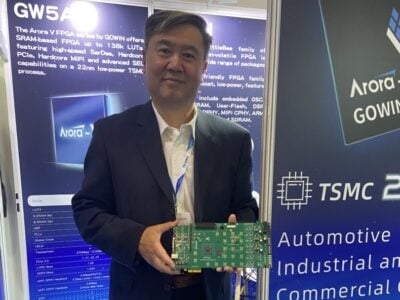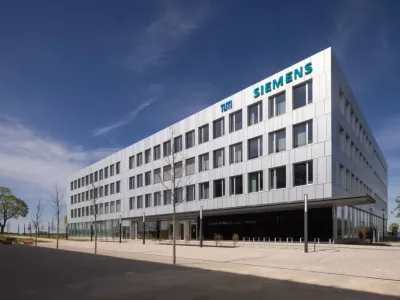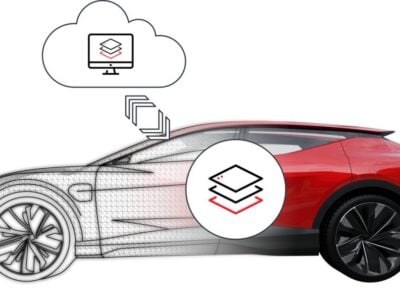
‘Future-proof’ chip design aims to disrupt AI space
Claimed to be faster than any chip on the market, the first-of-its-kind easily programmable, high-performance chip is designed to address the challenges presented by the rapidly evolving AI software landscape and to provide high-performance execution of software being developed for AI, machine learning, and big data analytics. The chip, called Mozart, will accelerate a wide variety of AI and machine-learning applications, says the company.
The TSMC 16-nanometer design utilizes HBM2 memory and is sampling as a standard PCIe card. Initial results, says the company, have shown significant speed-ups across a broad set of AI applications, unlike other specialized AI chips. Examples include recommendation engines, speech and language processing, and image detection, all of which can run simultaneously.
“Mozart is an extremely complex chip, one of the few using HBM2 (high-bandwidth memory) for this type of application,” says SMI’s Founder, CEO and CTO Karu Sankaralingam. “It took our silicon team under a week from having the chip in-house to running applications on the device, putting us on the fast track to take our first silicon (AO) to production.”
The working chip, says the company, demonstrates that a clean-slate design can deliver the performance of custom-built single-purpose processors while maintaining flexibility and programmability. The chip’s software interface includes direct TensorFlow support as well as APIs for C/C++ and Python. Future generations of the chip will leverage its unique architecture to scale up and down the power spectrum from enterprise-class high-performance systems to 5-watt IoT devices.
Unlike many of the new chips that have been designed for single workloads like image processing, says the company, Mozart’s strength is in its ability to adapt on the fly and accelerate a wide variety of workloads across a diverse range of industries and applications, including image detection, image classification, natural language processing, language translation, network security, recommendation engines, graph processing, drug discovery, and gene sequence alignment.
“The chip’s design can support very large models today and is capable of running up to 64 different models simultaneously,” says Greg Wright, SMI’s Chief Architect. “Our next-generation 7-nanometer design is expected to be ready to sample by the end of 2021 and will be 20x faster on a diverse set of workloads than current chips.”
The chip’s architecture leverages the concept of “composable computing,” which abstracts any software application into a small number of defined behaviors. The company’s novel compiler integrates into the backend of standard AI frameworks like TensorFlow to translate those programs and reconfigures the hardware on the fly to result in a chip that behaves as if it were originally designed for that application.
“SimpleMachines’ solution,” says Wright, “is a radically new software-centric approach that deploys a programmable platform with a breakthrough software stack and compiler that enables the programmer to easily optimize the hardware on the fly and get the performance of custom silicon with a platform that supports hundreds of different use cases.”
The company says it is initially targeting companies in the public datacenter, network security, finance, and insurance industries for its Mozart Platform with plans to disrupt the edge and mobile device markets in future product generations.
“As fast, flexible computing becomes more accessible,” says Sankaralingam, “AI will be used by more industries for more applications more frequently, so chip design must evolve accordingly. We are disrupting the next wave of computing with our breakthrough technology and are excited about the market opportunity, especially for AI chips along the power spectrum.”
Mozart will be available via a PCIe card called Accelerando, or via the company’s Symphony Cloud Service (SMI’s hosted cloud service with easy access to public clouds like Azure, Google Cloud Platform, and AWS).
Related articles:
AI chipset market on pace for rapid growth through 2025
Intel invests in ‘groundbreaking’ AI chip architecture startup
Edge AI chipset market to surpass that of cloud in 2025
Steep growth of AI chip market will produce new winners
AI chips: What they are and why they matter
 If you enjoyed this article, you will like the following ones: don't miss them by subscribing to :
eeNews on Google News
If you enjoyed this article, you will like the following ones: don't miss them by subscribing to :
eeNews on Google News




